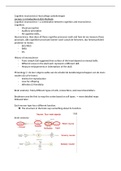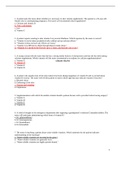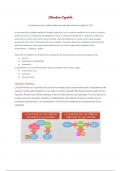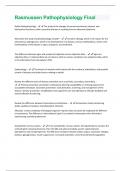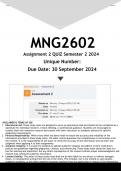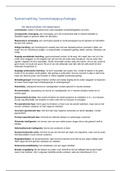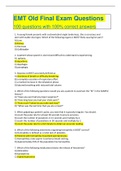College aantekeningen
College aantekeningen Cognitive Neurosciences deeltoets 1 ()
- Instelling
- Universiteit Utrecht (UU)
In dit document vind je mijn hoorcollege aantekeningen van het vak Cognitive Neuroscience aan de Universiteit van Utrecht. Dit zijn de hoorcolleges nodig voor de eerste deeltoets (hoorcollege 1 t/m 6), veel succes met leren!
[Meer zien]
